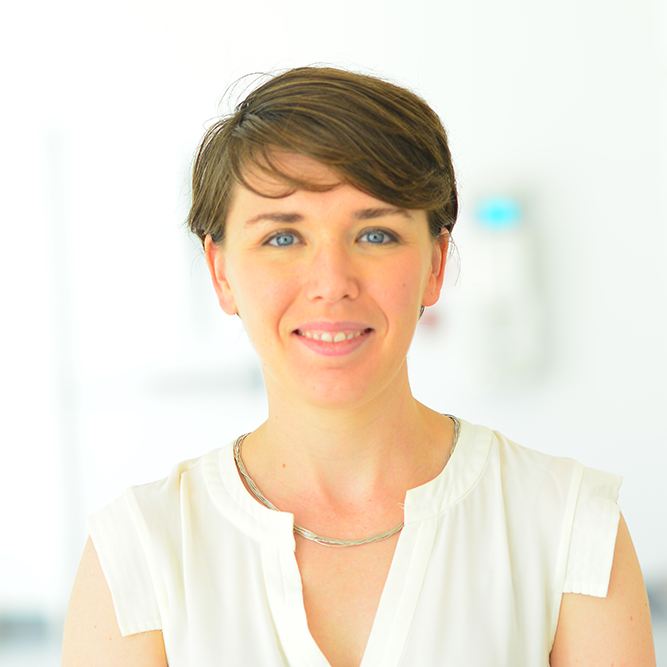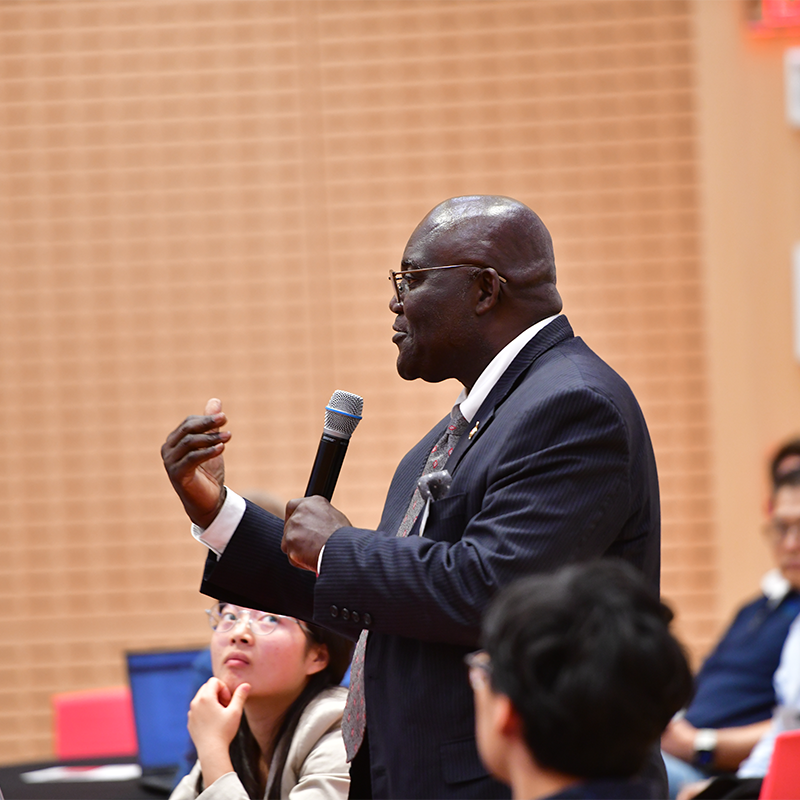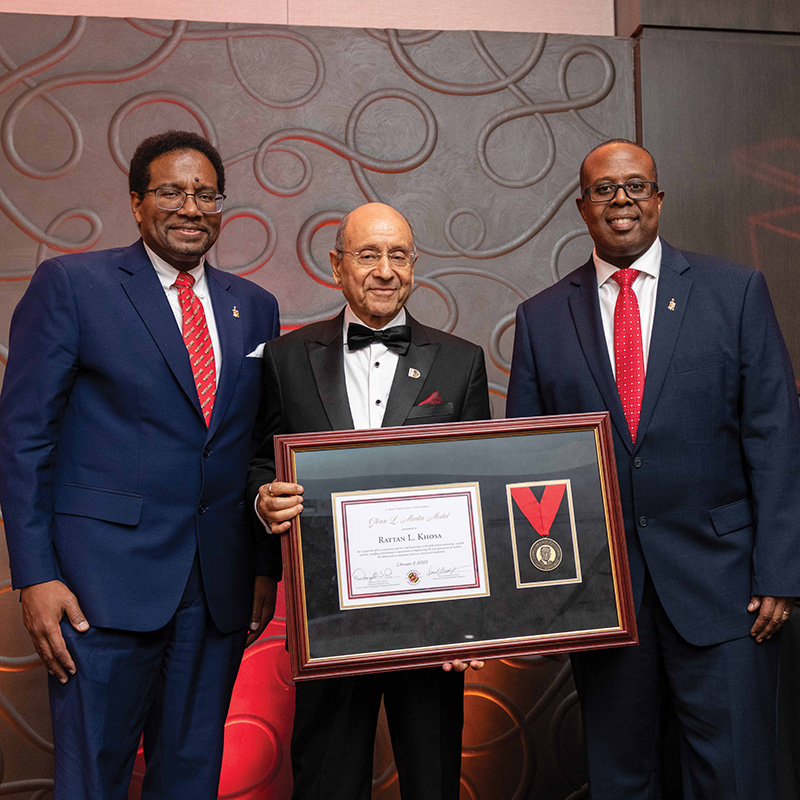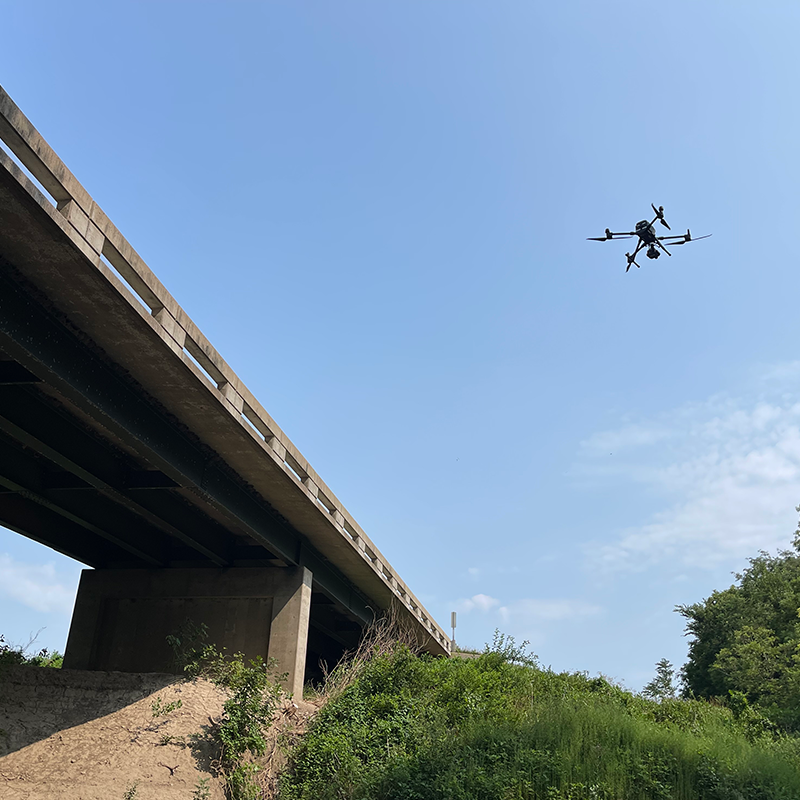News Story
UMD Professors Challenge US Flood Risk Planning
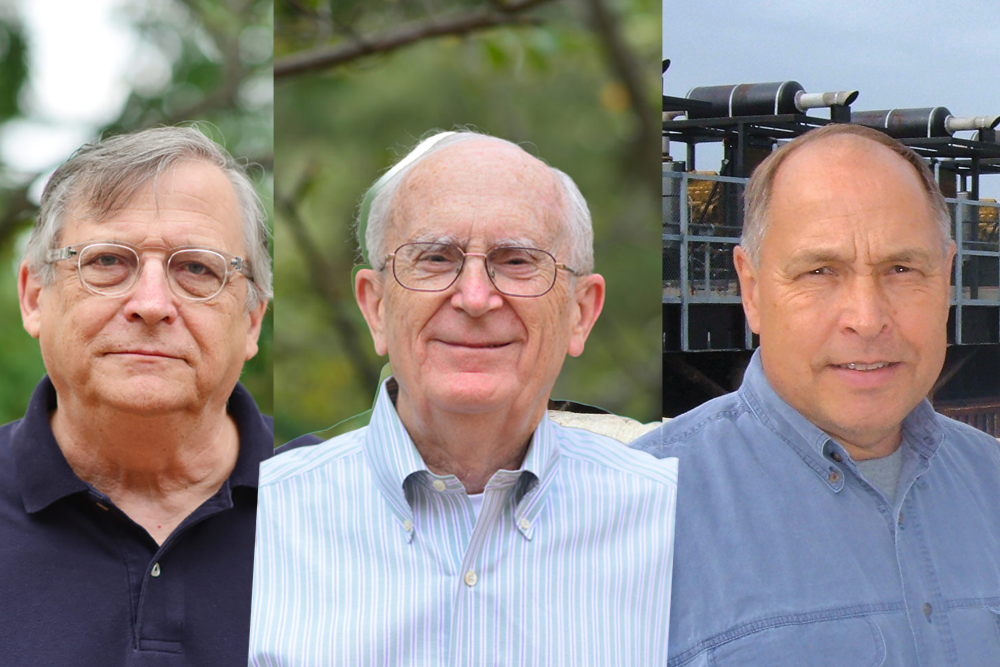
From left: UMD Professor Gregory Baecher, Professor Emeritus Gerald Galloway, and Senior Research Engineer Ed Link.
Floods and coastal storms are among the most destructive natural hazards. Yet the longstanding reliance on historical climate trends to predict future weather-related events is no longer viable, warn three disaster resilience experts based at the University of Maryland’s Department of Civil and Environmental Engineering.
Professor Emeritus Gerald Galloway, Senior Research Engineer Ed Link, and Professor Gregory Baecher voiced their concerns in the July/August 2024 issue of Civil Engineering.
"The proverbial 100-year flood now returns more frequently, and the same is true for droughts, wildfires, and other weather-related hazards. Non-stationarity is slowly but persistently making the statistical approaches of the past less useful."
Professor Gregory Baecher, Professor Emeritus Gerald Galloway, and Senior Research Engineer Ed Link, University of Maryland.
Their article, "Flood Risk without Stationarity," calls for changes to U.S. flood risk planning practice, arguing that civil engineers must adapt to the new risks of flooding and coastal storms brought about by the non-stationarities of climate change, demographics, and land use.
"The profession and policy makers must find new solutions that do not assume the past is prologue," the authors said.
"The proverbial 100-year flood now returns more frequently, and the same is true for droughts, wildfires, and other weather-related hazards. Non-stationarity is slowly but persistently making the statistical approaches of the past less useful,” they said. “The key question today is: How can civil engineers plan for extreme events when the past is no longer predictive of the future?"
ASCE represents more than 150,000 members of the civil engineering profession in 177 countries. Founded in 1852, it is the nation’s oldest engineering society.
Published July 30, 2024



